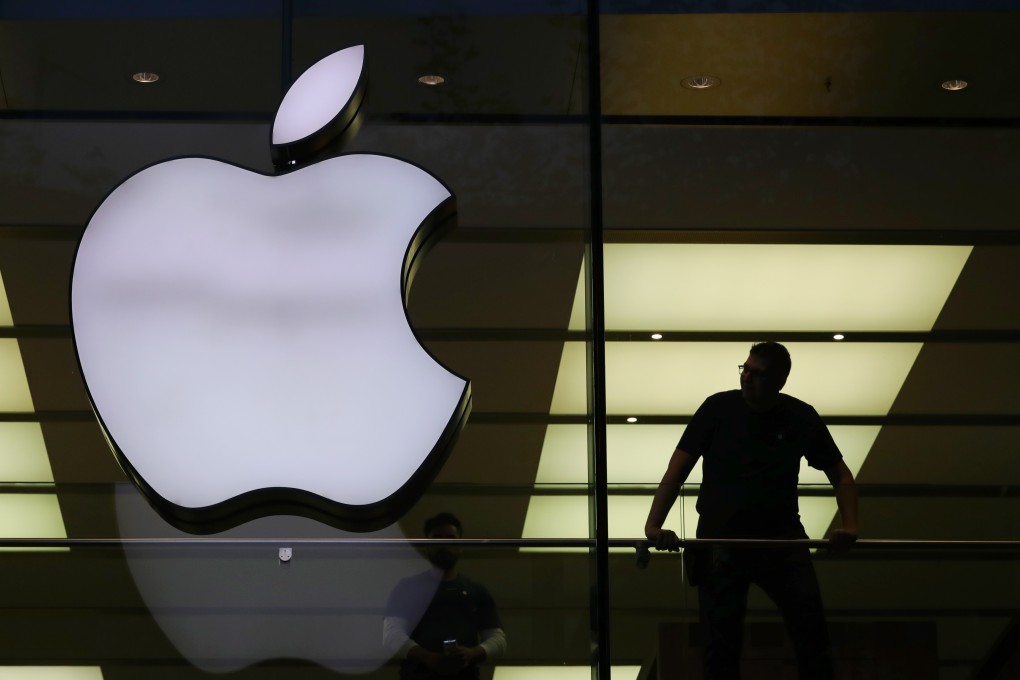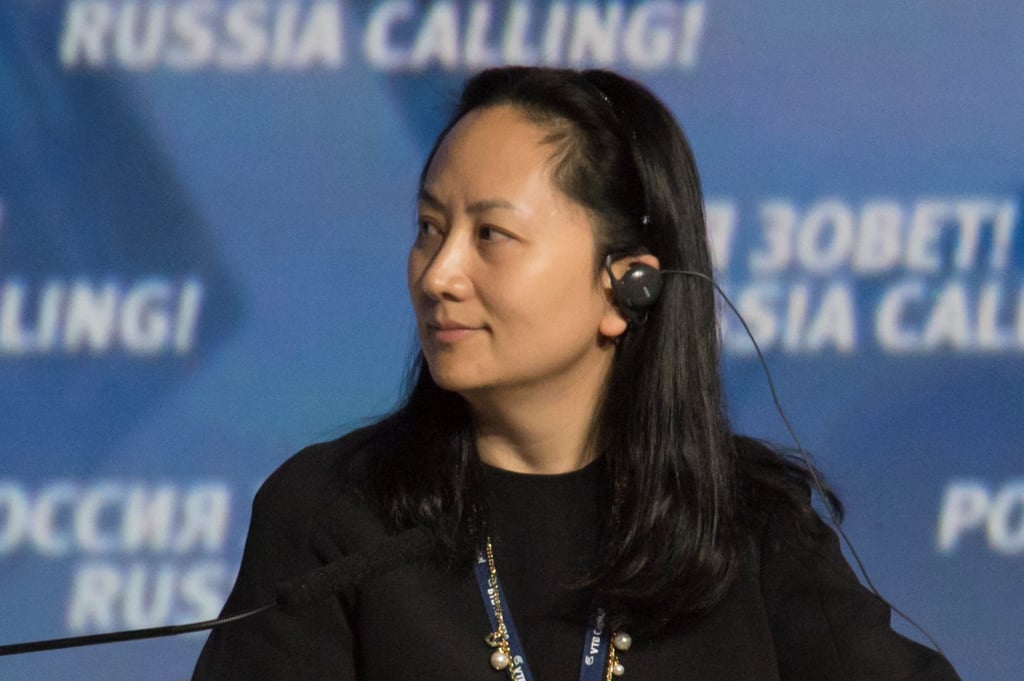iPhone boycotts are a nationalist sport in China… just not a very successful one
Huawei CFO’s arrest sparks the same calls for an iPhone boycott that we’ve heard before

News that one of Huawei's top leaders was arrested in Canada and faces extradition to the US has shaken China. And, quite expectedly, some are already calling for a boycott of Huawei’s main American rival in the smartphone business – Apple.
Of course, CFO and deputy chairwoman of Chinese telecommunications giant Huawei Meng Wanzhou was not arrested because of their rivalry with Apple in smartphones. The daughter of Huawei founder Ren Zhengfei (and his likely successor) is under suspicion of enabling the company to evade sanctions on Iran. She facing extradition to the US and a 30-year prison sentence.

Reaction in China has been strong -- and not only from official bodies. On China’s own Twittersphere, Weibo, some users have been calling for a boycott of Canadian and US goods and even stopping all Chinese people from traveling to Canada.
How Weibo became China’s most popular blogging platform
But the object that seems to have drawn the most ire was the iPhone. Social media is full of calls to boycott Apple’s products. Several Weibo accounts have posted what appear to be notices from local companies vowing to support local products and ditch Apple.